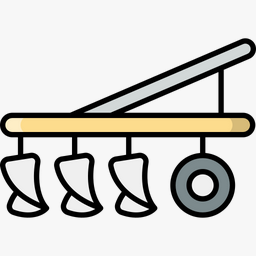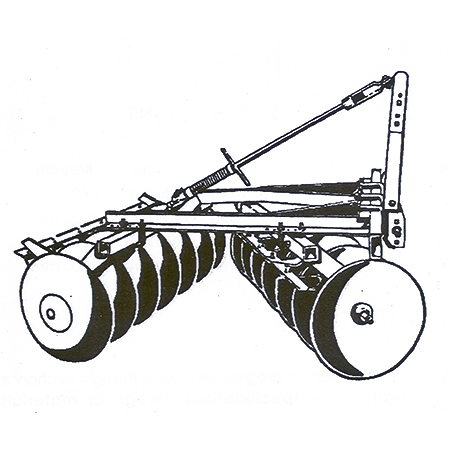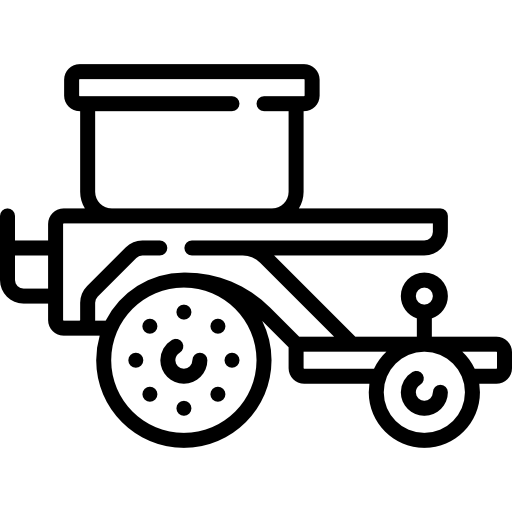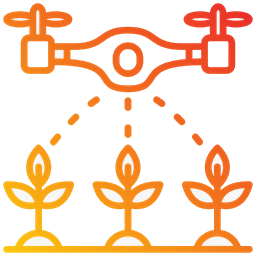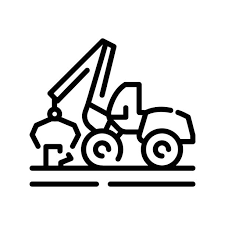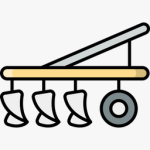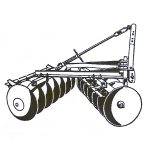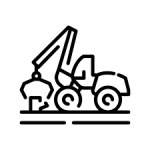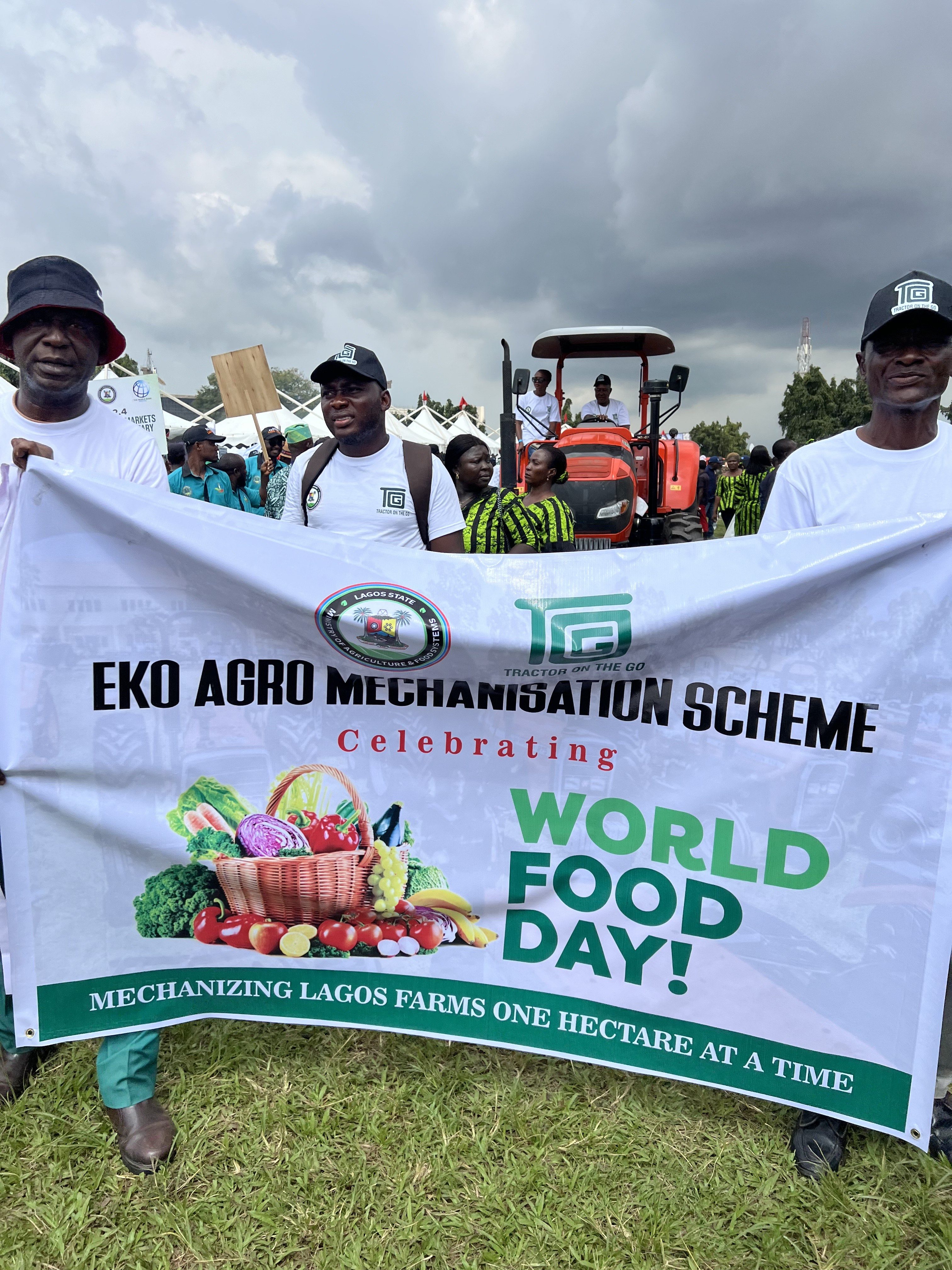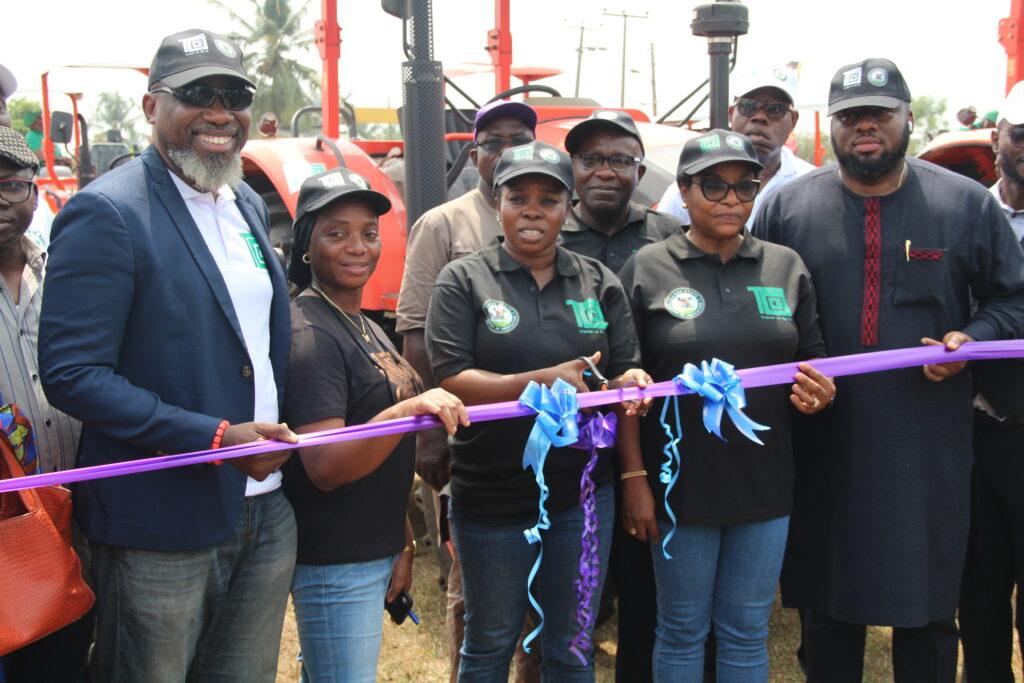Whether we like it or not, agric mechanization is one of the only ways to boost the agricultural sector and our economy.
Have the chickens come home to roost?
In the early 60s, Agriculture was a major source of food in Nigeria. We provided more than 95% of our food demands and needs through farming and had a thriving export sector. Cocoa, palm oil and groundnuts were our best performing products and foreign exchange earner. We were an agricultural powerhouse, that is until we moved to oil.
Today, however, the landscape is different, with our economy struggling and people finding it harder to make ends meet. Our troubles began sometime around 2017 when oil prices first dropped to $43.90 because of excess supply. In 2019, the oil price per barrel went up to $57, even as the world moved increasingly towards clean energy. In 2020, the economy experienced a massive drop in oil prices, during COVID-19, significantly pulling over 180m people down with it. Our dependency on oil, which once powered the economy, had then come to be our undoing. We had, for so long, predominantly focused on oil and its relevance that we completely shelved the development of other sectors like Technology, Health and most importantly Agriculture.
Does low budget mean low growth?
Budget allocation for agriculture rose from 1.70% in 2017 to 2% in 2018, then fell dramatically to 1.56% in 2019, and further to 1.34% in 2020. Last year, the budget rose slightly to 1.37%.
The best allocation of budget to the sector was during the Yar’adua administration with a healthy 5.41% of the total 2008 budget going to Agriculture. In 2009, the administration also allocated 5.38% of the total 2009 budget to sector. Those were the good old days.
In the proposed 2022 budget presented by President Buhari to the National Assembly, agriculture has just a measly 1.8% of the budget. This, in itself, is the highest allocation the agricultural sector has seen in 4 years. Yet, it still falls short of what is needed to really move the sector forward.
To break it down in simpler terms, the agricultural sector was allocated only N291.4 billion in the 2022 budget. This includes N71.8 billion for personnel cost, N3.7b for overhead and N215.8b for capital expenditure, according to this article.
Despite the low funding, according to Statista, the Nigerian agricultural sector grew by 1.22% in the 3rd quarter of 2021 when compared to 2020. The sector’s contributions to the country’s GDP had its highest increment within the same timeframe; a far better performance than seen in the same quarter of year 2019.
The relevance of Agriculture
Agriculture is will always remain a major contributor to the growth of the Nigerian economy. These contributions include the provision of raw materials, foreign exchange, creation of job opportunities that ultimately facilitate the provision of income and poverty alleviation.
One major importance of agriculture is farming. Not only does it provide food for the country’s growing population, it also creates a source of livelihood. With the advancement of technology and its impact on society, the Nigerian farming community seems to be lagging.
Today, farmers in South Korea, employs the use of machinery for about 61.9% of their farming. However, in Nigeria, the use of crude implements, muscle power and drudgery are still predominant. The country has only 45,000 tractors which means for every 100 square kilometers, there are only 5.7 tractors. This is far below the recommended 81,000 per 100 square kilometers.
Sustainable agric mechanization is not completely alien to those involved in Agriculture.
The use of farm machinery for farming operations makes it easier to perform huge tasks in a short while. This subsequently produces better outcomes and improved profits for farmers. The agric mechanization rate in Nigeria is below standard even with the obvious fact of an alarming increase in her population.
There are a few ways of improving the farming experience for farmers and one is by increasing the mechanization rate in the country. This can boost both the Nigerian economy and the pocket of the average farmer. When a farmer is empowered with access to mechanization, the scale of their farming operations increases considerably. Their planting processes can be completed in shorter timeframes and harvest yields maximized, with little or no losses. This subsequently increases the profit in the pocket of the farmer and this return helps boost the economy.
The adoption of improved agric mechanization also facilitates the creation of job opportunities and a more skilled population.
Companies like us and OAW help farmers get easy access to tractors, farm implements and harvesters. Collectively, we can all join in creating better opportunities that are on par with other countries for our Nigerian farmers.




